OUR HISTORY
Here’s Some of What You’ll Find at the Montessori Schools of Manhattan Beach
The Test of Time

- Founded in 1968 by Judy Ernst, AMI certified Montessori teacher and teacher trainer.
- Manhattan Beach raised and educated.
- Professional development through UCLA.
- After more than 50 years of ownership Mrs. Ernst continues to be actively involved with the day to day operations of the school.
High Quality Staff
- Longevity, with an average employment length of 10 years – we value our teachers!
- Credentialed Montessori teachers proudly display their diplomas in their classrooms.
Our Curriculum
- Every classroom, preschool through elementary, is brimming with Montessori materials.
- All policies, programs and facilities designed for the safety of your child.
- Emphasis on fine art education.
- Monthly themes emphasizing history, science, biology, horticulture, etc. (with on-site guest demonstrations.)
- Weekly music lessons.
- Spanish immersion, art, cooking, and yoga lessons.
Family Friendly
- Our Peck location offers year round programs.
- Open as early as 7:30am until 6:00pm.
- Stimulating after school programs include: art, crafts, and music.
- On-site enrichment programs include tennis, soccer, foreign language, art, and music.
Summer School
- Summer sports camp with Tennis and Soccer lessons
- Daily swim lessons at our Peck Campus on-site pool.
- We currently service students as young as 18 months (Toddlers), 2-3 year olds (Pre-Primary) 3-5 year olds (Primary), and lower elementary.
- Due to popularity, early enrollment is recommended.
Communication
- Direct contact with your child’s teacher as well as parent/teacher conferences and parent education nights.
- Open door policy with our administration.
- Observations are encouraged. Simply make an appointment in the office.
OUR METHOD
Is Montessori for my Child?
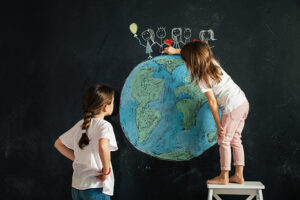
All children – rich, poor, gifted, from a variety of different cultures – have benefited from a Montessori education. Your child will also prosper in his or her own subtle, creative way. Your child is coming to our school because you sense that this is the right time.
Perhaps the toys at home no longer seem interesting. Perhaps your child is bored and needs new friends and new experiences.
When your child is ready for an experience apart from you, he or she will benefit and grow in our Montessori environment.
The Montessori Classroom
Not only is the Montessori classroom a place for individual learning, it offers a mixture of ages. The older child learns through teaching the younger child. The younger child, in turn, is inspired to do more advanced work by having the older child in the same environment. After showing interest in an activity and receiving a lesson from the teacher, the child continues working with the material and returns it to its proper place. Therefore, the Montessori classroom is a community of workers with freedom of movement and choice.
Although most of the class time is spent in individual or small groups, some part of each day is spent in whole class activities, or “circle time”. These activities would include singing, storytelling, movement exercises, or large muscle activities. In Montessori, we begin with practical and social skills, not just academic. Keeping track of belongings, putting things away, dressing oneself, sharing materials and respecting the limits of the community, are some of the initial benefits of total development of the Montessori classroom. These form foundations for growing independence.
The Montessori Primary program offers a unique, mixed-age classroom environment, for children approximately 3 to 5 years old. Here, children engage in individual learning experiences, as well as one-on-one interactions, which are integral to the Montessori Method.
As children get older, they tend to see things that adults find ordinary as very interesting and special. Practical life exercises like sorting, pouring, or washing dishes absorb them completely.
We recognize this as the beginning of control and coordination of mind and body. That’s why Montessori learning revolves around tangible, hands-on experiences.
Children use concrete materials to learn math; movable alphabet letters to explore language; and cubes, cylinders and other objects to categorize, find spatial relationships, and more. Practical learning experiences explore key subjects including:
- Science and Nature
- Music and Movement
- Sensorial
- Cooking and Nutrition / Practical Life
- Cultural Awareness
- History
- Geography
- Language Arts
- Mathematics
In the process, children are discovering independence, confidence, and innovation.
Observation
Seeing is believing. Something as involved as a complete educational system cannot be explained in a website or brochure. Something as important as your child’s basic development and education should not be chosen on the basis of a pamphlet or a phone call. We invite you to come to our school, observe a Montessori classroom, and talk to our staff.
Dr. Maria Montessori
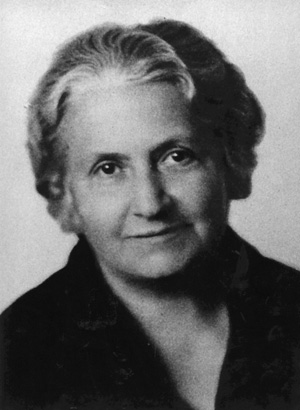
Maria Montessori was, in many ways, ahead of her time. Born in the town of Chiaravalle, in the province of Ancona, Italy, on August 31, 1879, she became one of the first female physicians in Italy upon her graduation from medical school in 1896. Shortly afterwards, she was chosen to represent Italy at two different women’s conferences, in Berlin in 1896 and in London in 1900.
In her medical practice, her clinical observations led her to analyze how children learn, and she concluded that they build themselves from what they find in their environment. Shifting her focus from the body to the mind, she returned to the university in 1901, this time to study psychology and philosophy. In 1904, she was made a professor of anthropology at the University of Rome.
Her desire to help children was so strong, however, that in 1906 she gave up both her university chair and her medical practice to work with a group of sixty young children of working parents in the San Lorenzo district of Rome. It was there that she founded, on January 6, 1907, the first Casa dei Bambini, or “Children’s House.” What ultimately became the Montessori method of education developed there, based upon Montessori’s scientific observations of these children’s almost effortless ability to absorb knowledge from their surroundings, as well as their tireless interest in manipulating materials. Every piece of equipment, every exercise, every method Montessori developed was based on what she observed children to do “naturally,” by themselves, unassisted by adults.
Children teach themselves. This simple but profound truth inspired Montessori’s lifelong pursuit of educational reform, methodology, psychology, teaching, and teacher training–all based on her dedication to furthering the self-creating process of the child.
Maria Montessori made her first visit to the United States in 1913, the same year that Alexander Graham Bell and his wife Mabel founded the Montessori Educational Association at their Washington, DC, home. Among her other strong American supporters were Thomas Edison and Helen Keller.
In 1915, she attracted world attention with her “glass house” schoolroom exhibit at the Panama-Pacific International Exhibition in San Francisco. On this second U.S. visit, she also conducted a teacher training course and addressed the annual conventions of both the National Education Association and the International Kindergarten Union. The committee that brought her to San Francisco included Margaret Wilson, the daughter of U.S. President Woodrow Wilson.
The Spanish government invited her to open a research institute in 1917. In 1919, she began a series of teacher training courses in London. In 1922, she was appointed a government inspector of schools in her native Italy, but because of her opposition to Mussolini’s fascism, she was forced to leave Italy in 1934. She traveled to Barcelona, Spain, and was rescued there by a British cruiser in 1936, during the Spanish Civil War. She opened the Montessori Training Centre in Laren, Netherlands, in 1938, and founded a series of teacher training courses in India in 1939.
In 1940, when India entered World War II, she and her son, Mario Montessori, were interned as enemy aliens, but she was still permitted to conduct training courses. Later, she founded the Montessori Center in London (1947). She was nominated for the Nobel Peace Prize three times–in 1949, 1950, and 1951.
Maria Montessori died in Noordwijk, Holland, on May 6, 1952.

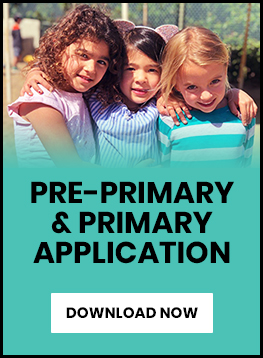
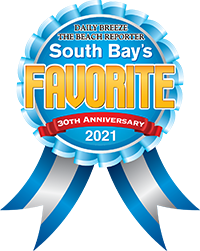
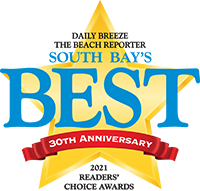
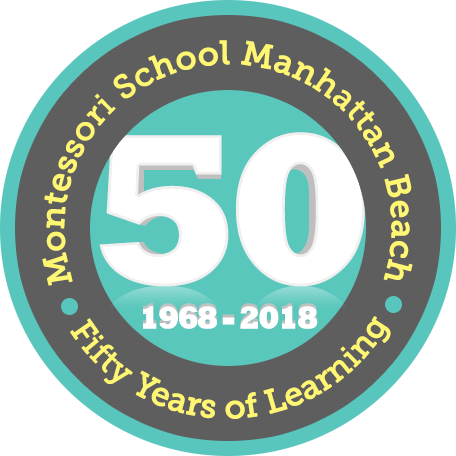
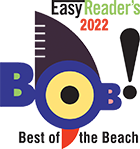
 Phone:
Phone: